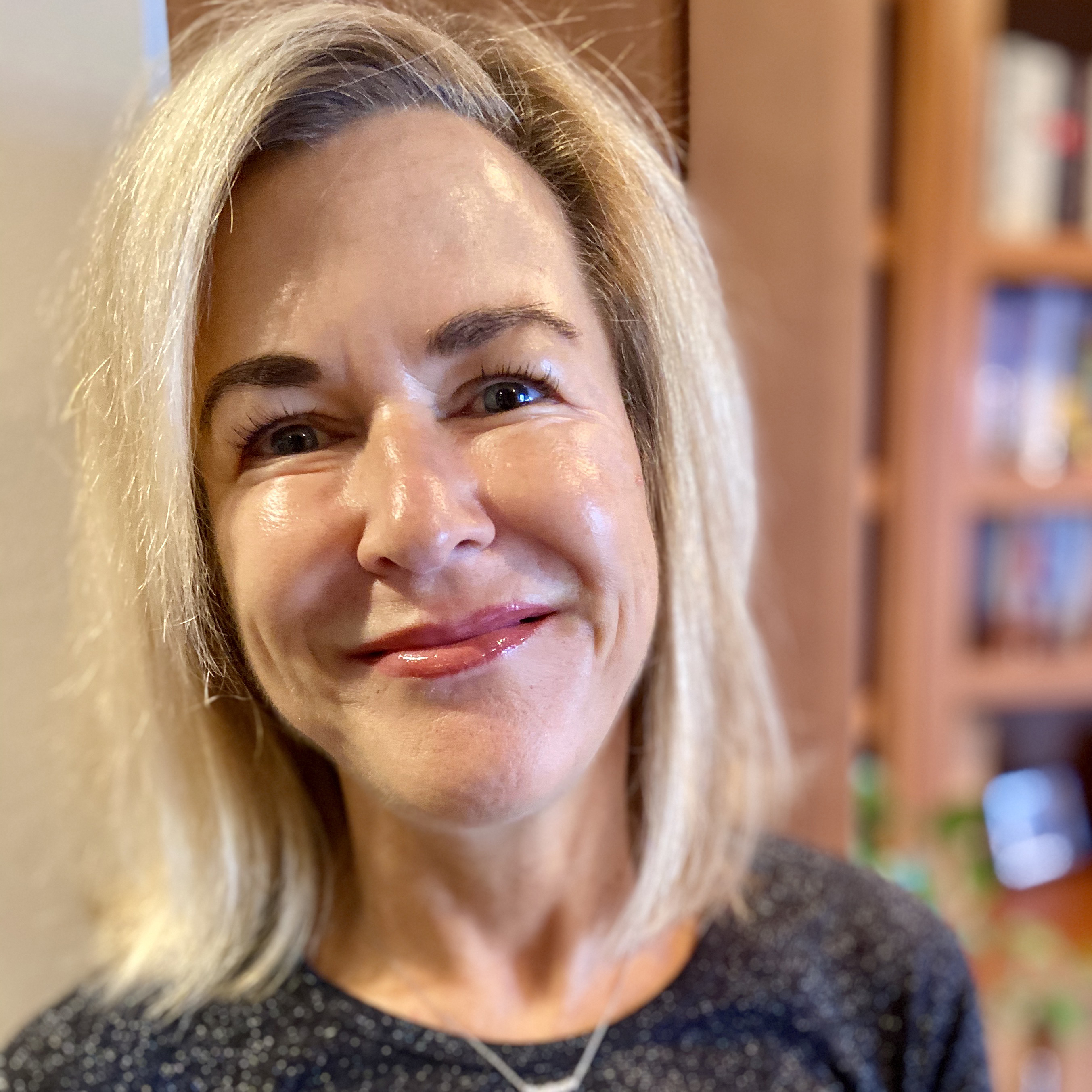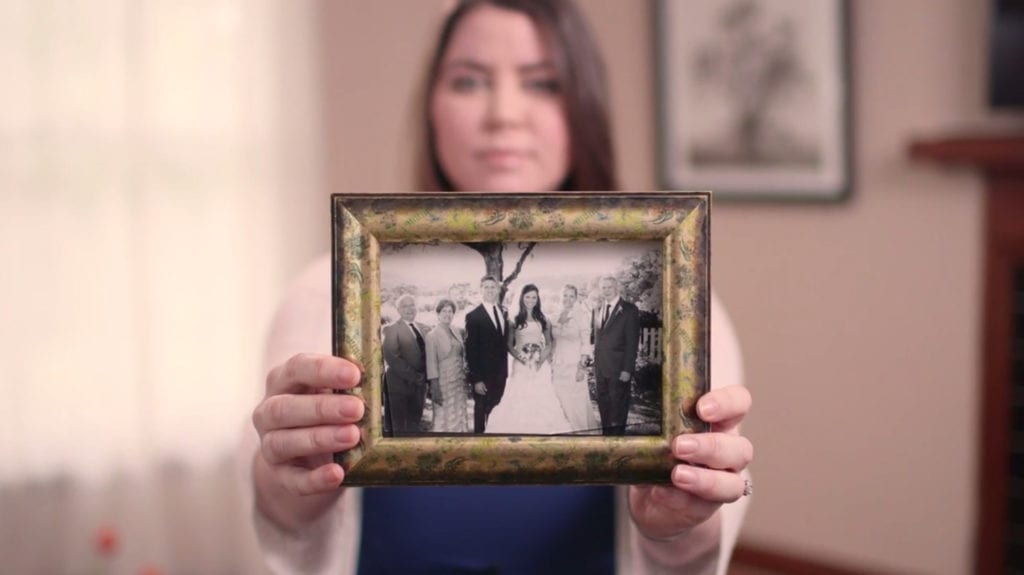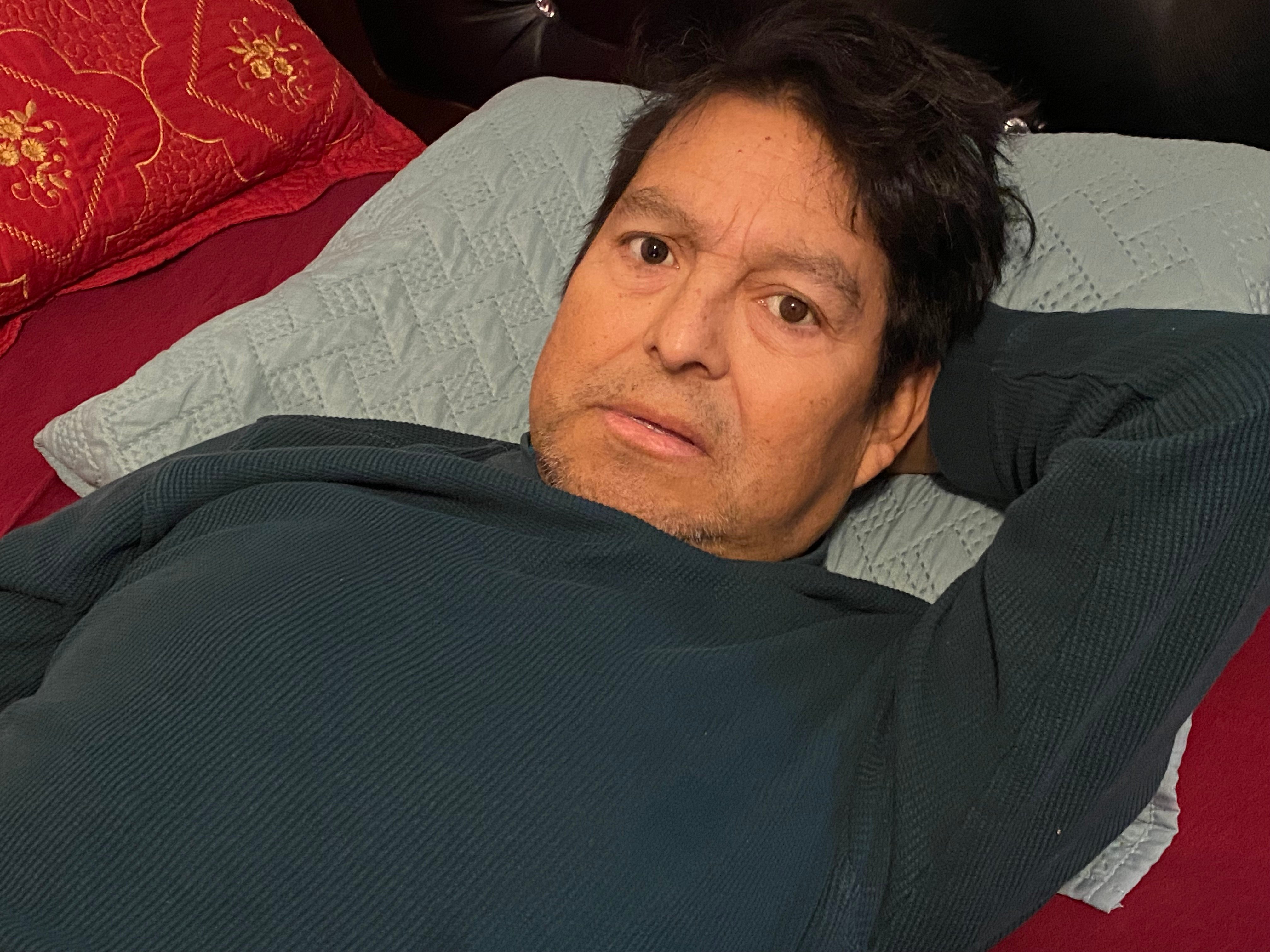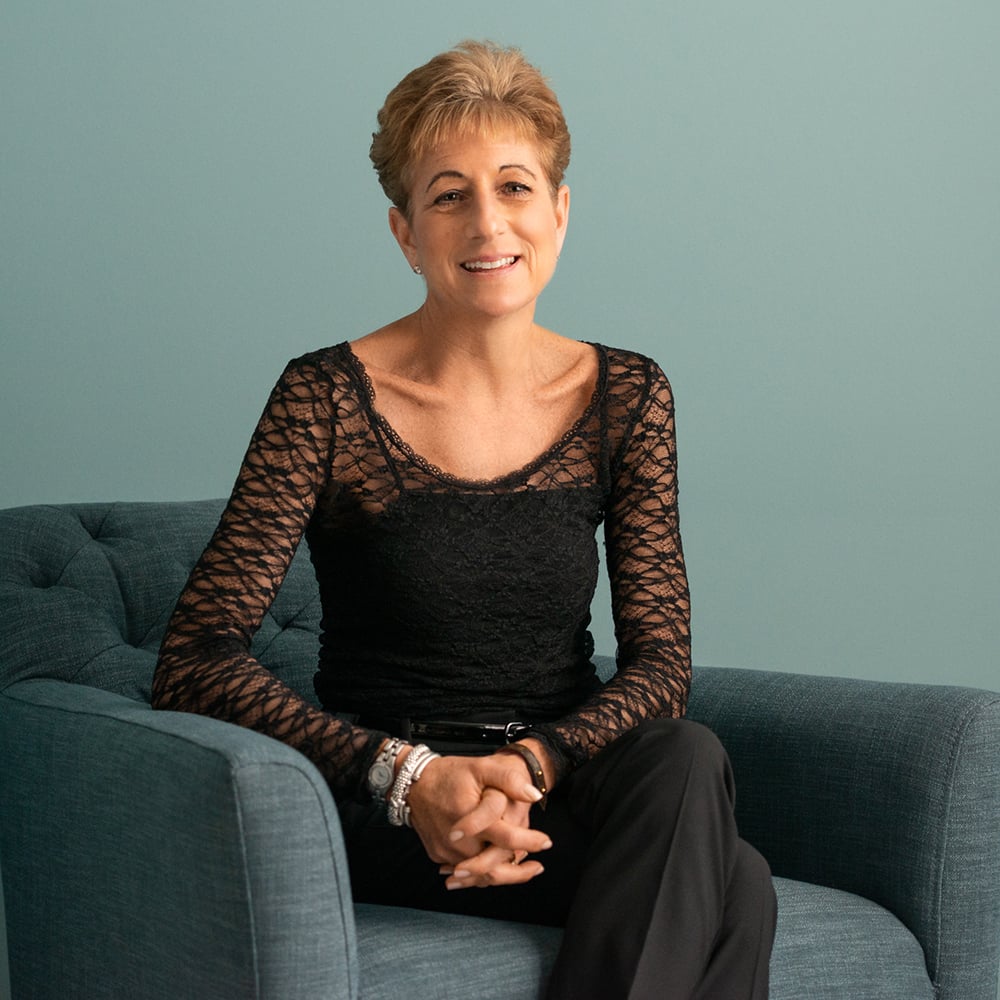Lisa’s first experience in end-of-life care came in the late 1980s where she worked as a community nurse in Boston, Massachusetts. She recalls the fear and uncertainty around the AIDS crisis, as well as the remarkable men she worked with saying that, “They were incredible. Their stories were incredible. Most of them had very hard lives, some were involved with drugs, but [also] just as gay men in communities that weren’t accepting of that. I watched many of them die horrible deaths. One in particular, I did get into a hospice program and saw him just right before he passed. And it was really a beautiful thing.” This experience would influence and shape the trajectory of her career in public health.
Following that experience, Lisa’s life took her down a variety of paths as a clinician, research associate, policy analyst, and grants officer. She earned master’s degrees in public health and nursing from the University of Washington and a doctorate in public health from Harvard University. But after a series of deaths of friends and family, she felt a call to return and care for the dying, becoming a hospice and palliative care nurse in 2010 for Mission Hospice & Home Care. As part of their community outreach program Lisa became involved with the Humane Prison Hospice Project in 2017 when Mission offered to sponsor the end-of-life training at San Quentin State Prison in California. Sitting with some of the men who were receiving their training, Lisa was moved by the power of the work and how she saw it transform those who were taught to be peer support workers in the prisons as well as those who received the care. In 2021, the position of Executive Director at Humane became available and she knew what she wanted her next move to be.
Working for Humane, Lisa sees firsthand the transformative experience that caring for another human being at the end of their life has on the volunteer peer caregivers. “People have these preconceived ideas of what incarcerated people are like, and these people that we train, I would have any of them sit at my bedside when I am dying. They're so compassionate, and they are so just in tune with their emotions. They often describe it as a form of healing, a form of atonement, a kind of reconciliation. And just hearing their stories is just really, really beautiful.”
Lisa's dedication to the community extends beyond her work with the Humane Prison Hospice Project. She serves on the Board of Directors for GAIA Global Health and Peninsula Volunteers, Inc.
More on Humane Prison Hospice Project
There are more than 1,566 state prisons in the United States, of those 1,566 only 75 have hospice programs. From 1991 to 2023 the percentage of prison populations aged 55 and older increased from 3% to 15%, with more than 30% of people facing life sentences being 55 years or over. That represents almost 61,000 people who are sentenced to die in prison. Faced with these realities, the Humane Prison Hospice Project was conceived as a way “to transform the way incarcerated people die through education, advocacy, and training to support their incarcerated peers as caregivers and grief companions.” Humane offers training to peer-volunteers in end of life care and grief support, as well as training to prison correctional staff on the rights to palliative care and the needs of an aging prison population. Since 2017, the organization has been involved with San Quentin State Prison in California, training incarcerated persons as peer support staff. Under the leadership of Lisa Deal and the contributions of its dedicated staff and volunteers, Humane has also completed training for 13 peer support staff at California Medical Facility and training for 27 peer support staff at Central California Women's Facility. There has been a historical lack of hospice care provided in women’s prisons in California.





